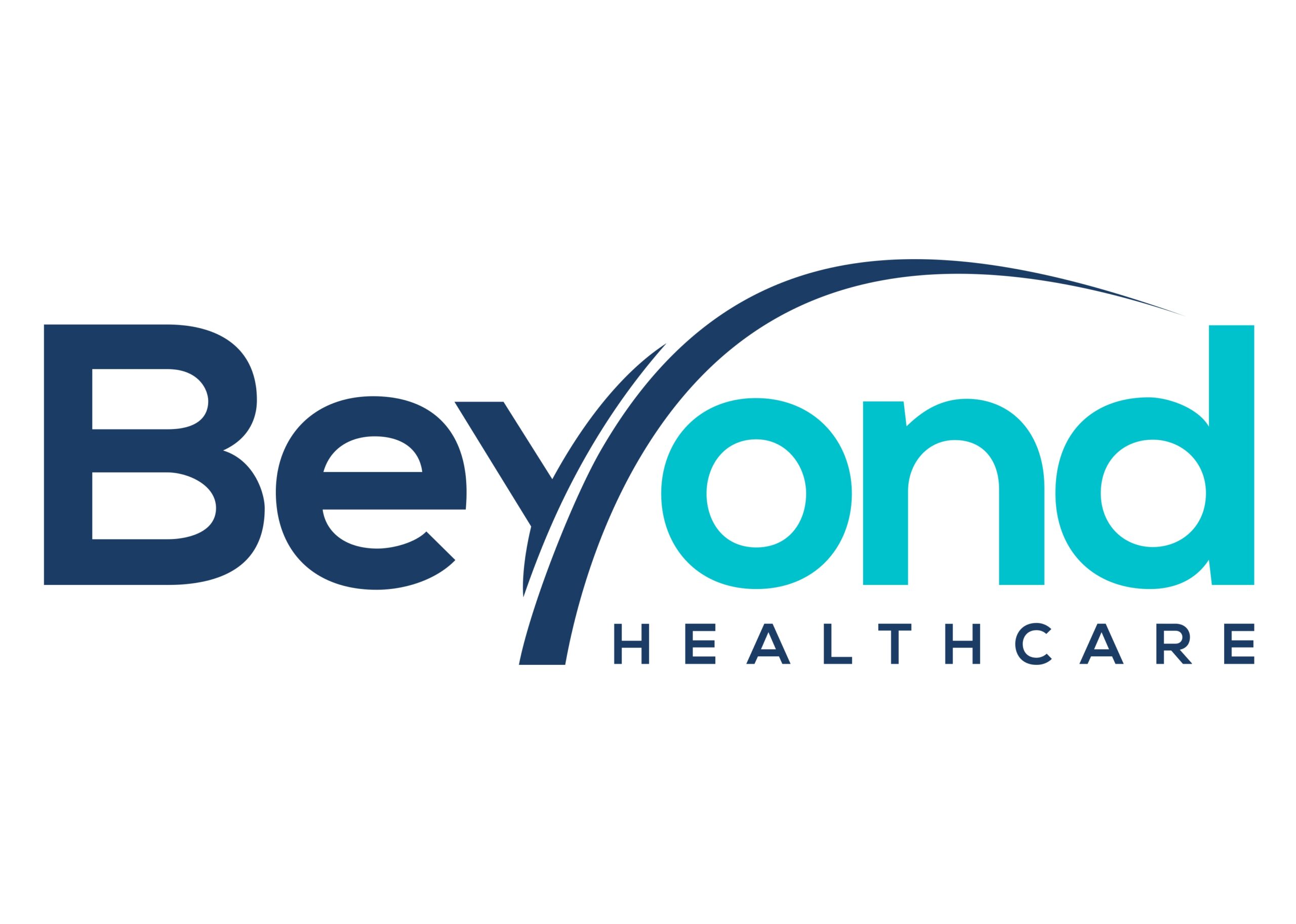Few things are as important to teens as social acceptance, which is one reason group therapy is so effective. While individual therapy is essential to mental health treatment, it doesn’t allow therapists to observe how a teen interacts with others. A group therapy setting enables therapists to provide real-time interventions for teens struggling with issues like poor social skills, disruptive behaviors, or social anxiety. Various types of group therapy can also provide vital peer support for teens with mental health issues.
At Beyond Healthcare, individual & group therapy are integral to our approach to holistic mental health treatment for adolescents and teens ages 11-17. In individual therapy, teens can identify challenges and learn new skills to achieve their therapeutic goals. They can implement these newly learned skills in group therapy in a safe, supportive environment. Reach out to us online or call 833.698.0453 to learn about the benefits of individual & group therapy for teens.
A Look at 3 Different Types of Group Therapy
There are numerous different types of group therapy available to address various issues. Placement in group therapy is well-thought-out to include teens who share common diagnoses, challenges, and experiences. Groups typically have five to ten members to reinforce peer connections and allow the therapist to observe each member individually.
Three main types of group therapy are:
- Process groups – Process group therapy is a powerful tool for helping teens learn to trust others, find healthy emotional expression for painful feelings and experiences, and give and receive support and feedback within the group. Process group therapy is used for issues including eating disorders, bullying, grief, and trauma.
- Cognitive-behavioral therapy groups – CBT groups help teens identify and restructure inaccurate thinking and beliefs that contribute to or reinforce negative behaviors. The insight gained fosters improved coping mechanisms to reduce harmful behaviors. CBT groups typically focus on specific issues like anxiety or substance use disorders.
- Skills development groups – Skills groups focus on introducing and improving coping and social skills teens need to manage mental health issues and strengthen cognitive and behavioral resources to avoid harmful thinking and behaviors. Members receive education about their diagnoses and engage in role-playing and other techniques to reinforce skills.
Teens struggling with mental health disorders often feel isolated, believing no one else can relate to their thoughts and feelings. Group therapy lets them know they are not alone and teaches them how to connect to others. Depending on a teen’s specific needs, they may participate in several types of group therapy.
What Are the Benefits of Group Therapy for Teens?
The core of group therapy believes that people feel better when recognizing that they are not alone. Teens often feel unheard, confused, or misunderstood. Mental health issues and trauma can compound these feelings. Through peer interactions in group therapy, teens develop their support networks, reducing feelings of isolation and alienation.
Group therapy is an evidence-based treatment modality, meaning that it has been scientifically proven to be effective. Other benefits of group therapy for teens include:
- Symptom reduction
- Increased coping, social, and communication skills
- Reduced levels of anxiety and depression
- A safe place to practice newly learned skills
- Increased accountability
- Improved problem-solving skills
- Formation of healthy and supportive relationships
Group members learn from one another’s experiences and encourage each other to make healthy changes. When group members discover that something someone else says resonates with them, they become more willing to share their thoughts and feelings to help others. One of the most significant benefits of group therapy is that it helps to reduce the stigma of mental health disorders, which is essential for prevention and treatment.
Discover the Benefits of Group Therapy for Teens at Beyond Healthcare
Beyond Healthcare is committed to helping teens and families navigate the challenges associated with adolescence and mental health and co-occurring disorders, including:
- ADHD
- Anxiety and panic disorder
- Depression
- Behavior
- Physical, emotional, or sexual abuse
- Trauma
- Self-harm
- Bipolar disorder
- Family transitions
- Grief and loss
If your teen’s daily functioning is impacted by their mental or behavioral health symptoms, help is available at Beyond Healthcare. Contact us at 833.698.0453 to discover the benefits of group therapy and other programs for teens.


